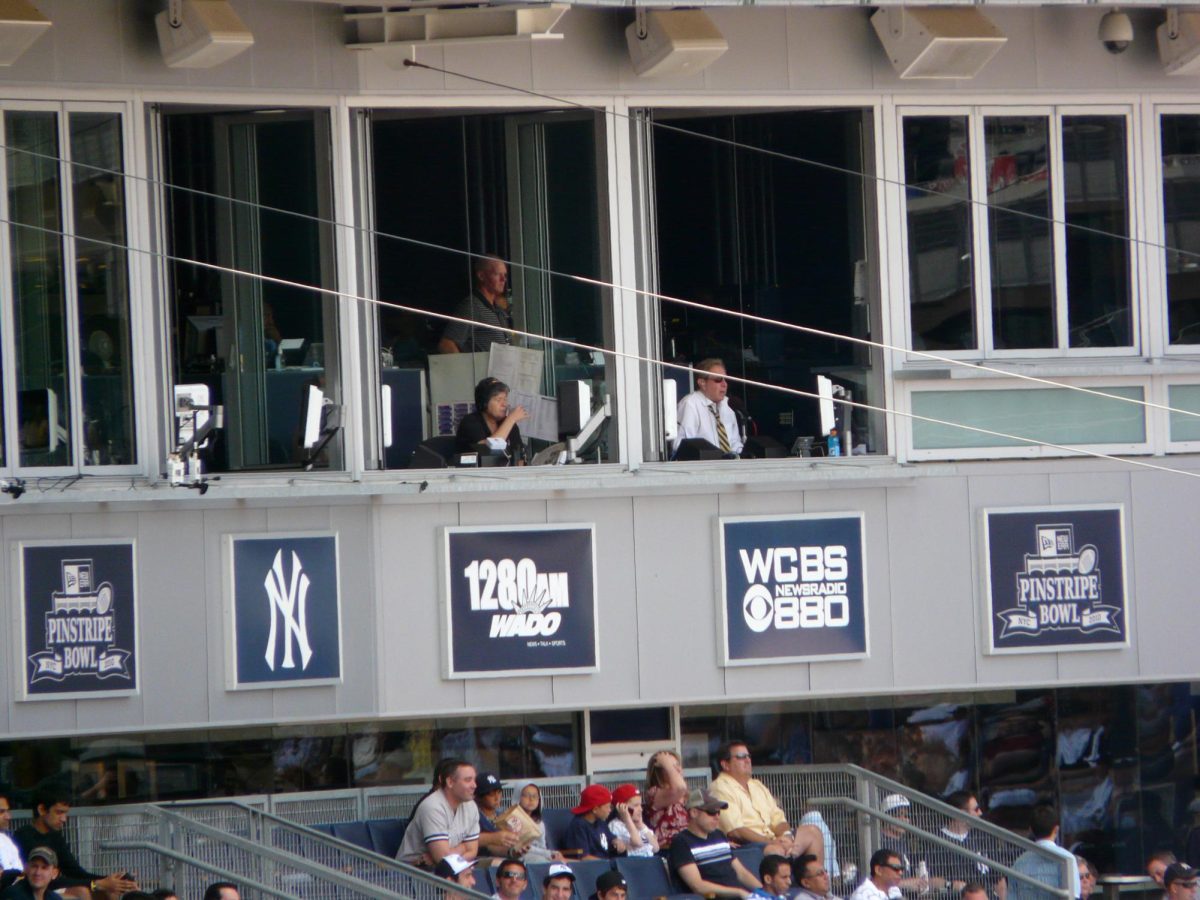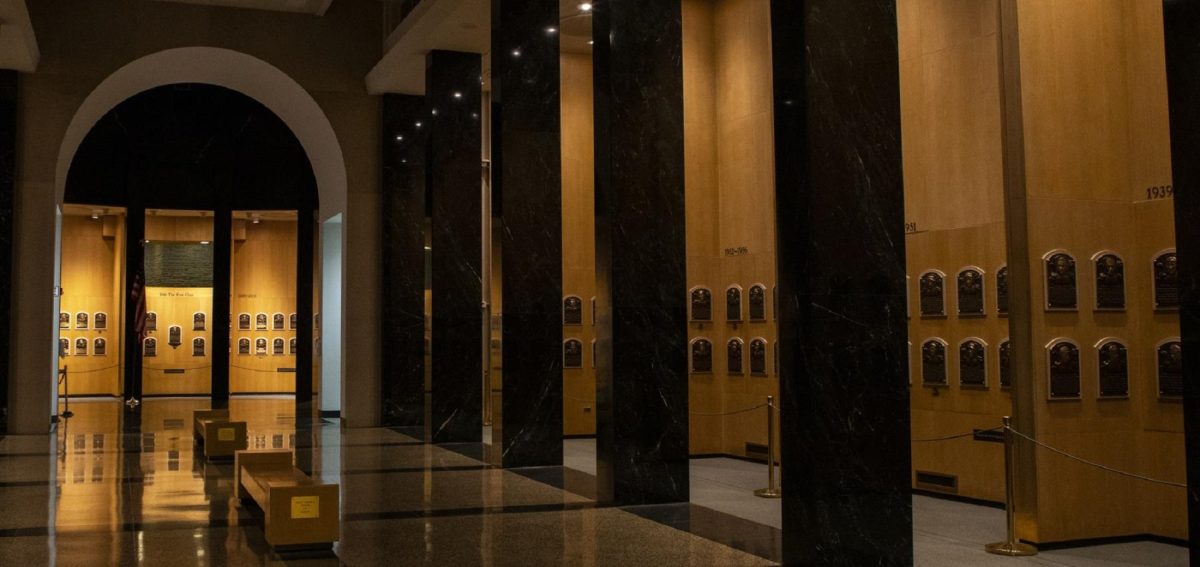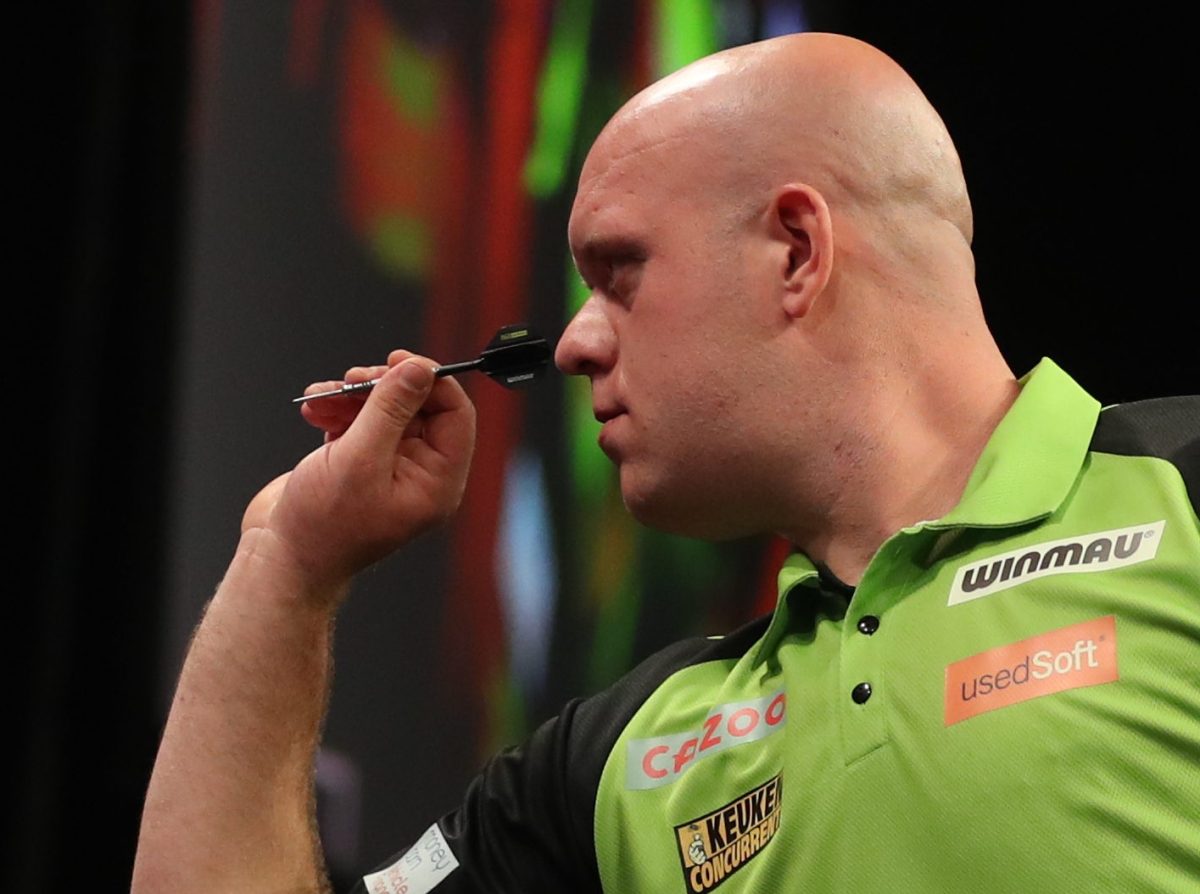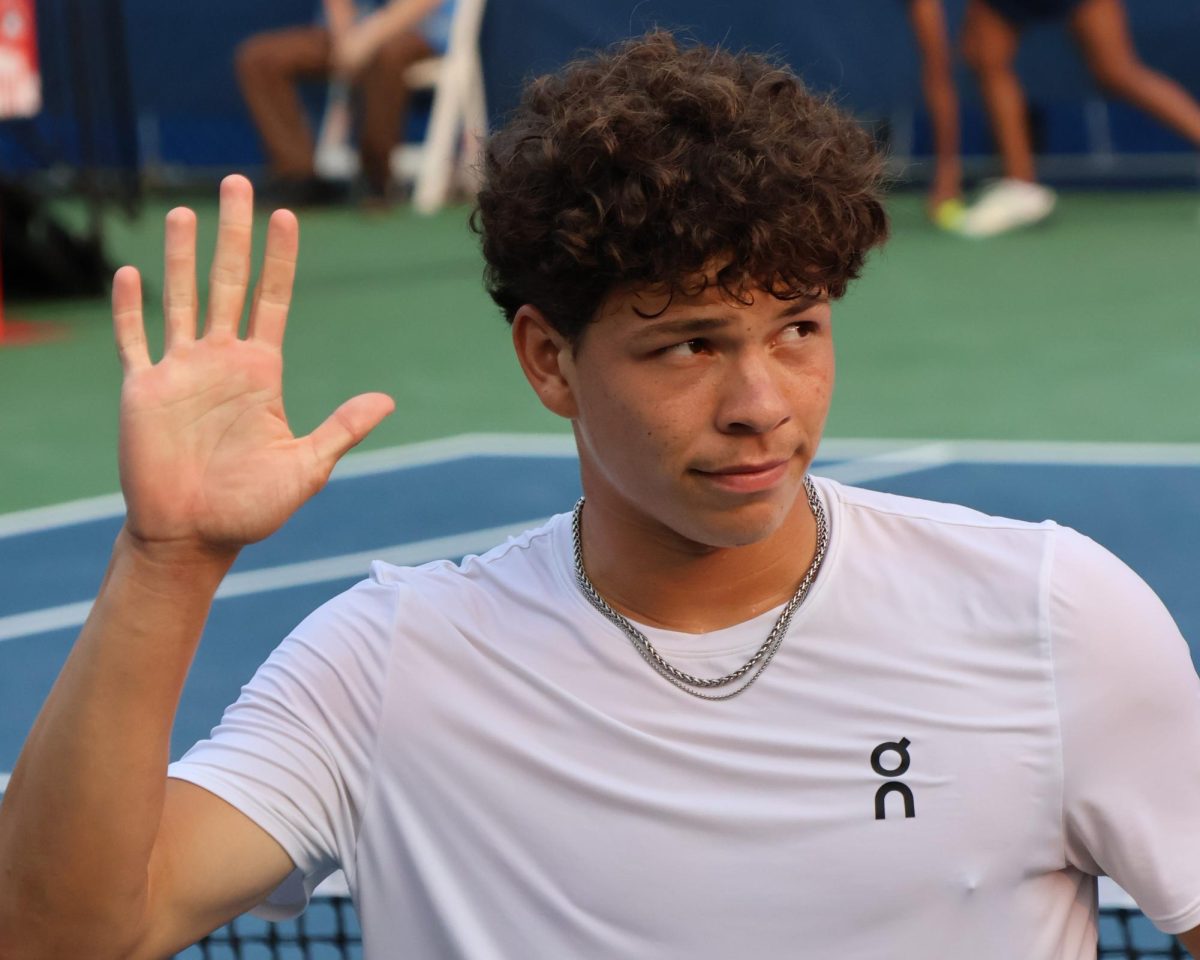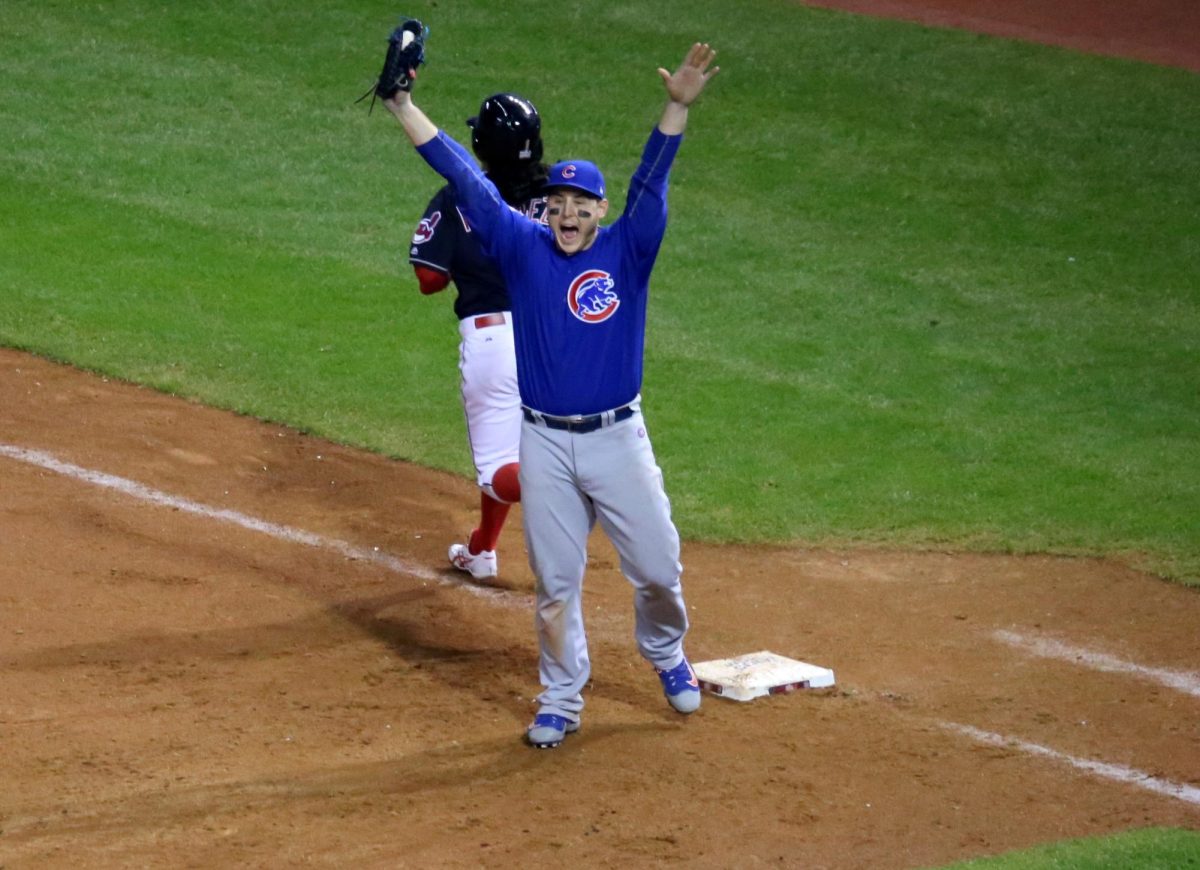Jannik Sinner came from a set behind to barely edge out Mackenzie McDonald in the round of 32 of the Paris Masters. The three-set thriller finally ended at 2:37 a.m.
Sinner’s reward? A round-of-16 showdown with Alex de Minaur scheduled for 5 p.m. In protest of the event’s untimely scheduling, the 22-year-old Italian withdrew from the tournament citing fatigue.
Sinner’s withdrawal made a long overdue statement; players do not appreciate the Association of Tennis Professionals (ATP)’s scheduling tendencies, which place a strenuous burden on their health. The withdrawal of the fourth seed at one of the most prestigious tournaments of the year might be enough to convince the ATP to be more accommodating of players in future events.
Sinner, who won two of his last three tournaments, forfeited the chance to claim another indoor crown with a purse of nearly €900,000 and 1,000 ATP points.
Sinner announced his decision on X, formerly known as Twitter, for the world to hear.
“I finished the match when it was almost 3 in the morning (Thursday) and didn’t go to bed until a few hours later. I had less than 12 hours to rest and prepare for the next game,” Sinner said on X.
“I have to make the right decision for my health and my body,” Sinner added.
The rest of the tennis world got behind the fourth-ranked player. Three-time major finalist Casper Ruud took to X to deliver his message, atypical of the normally quiet and soft-spoken Norwegian.
“Bravo ATP, way to help one of the best players in the world recover and be as ready as possible when he finished his previous match at 2:37 am this morning, 14,5 hours to recover… what a joke,” Ruud wrote on X.
Three-time grand slam champion Stan Wawrinka agreed with Ruud’s tweet:
“It’s crazy tournament doesn’t care and ATP just follow what the tournament will want! Always the same story…” Wawrinka wrote on X.
Vasek Pospisil, co-founder of the Professional Players Tennis Association (PTPA), took to X to share his personal experience with ATP scheduling.
“The @atptour has never cared about the players. In 2018 I finished a 3h battle at 12:45am & was scheduled to play at 1pm next day. Not joking,” Pospisil said on X.
“All they could say was ‘this is within the rules.’ The next day I herniated my disc after 4 games, had surgery and was out for 9 months,” Pospisil added.
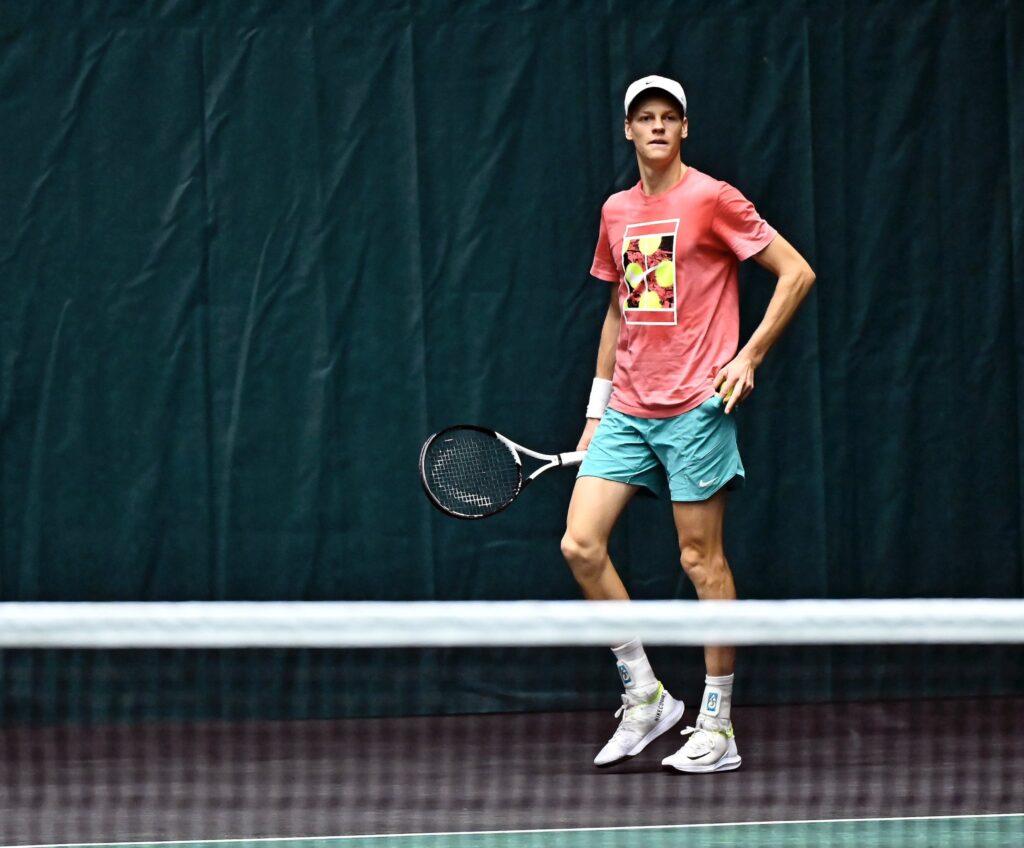
Former world No.1 Andy Murray has also had his share of scheduling frustrations, revealing that he asked Wimbledon officials not to put him in the third time slot because of concerns over late finishes. He also noted that it should be obvious for Wimbledon to move their start times back to 1:00 or 12:30 p.m., but recognizes that probably nothing will change because of the financial boost gained from the 1:30 start time.
Earlier this year at the Australian Open, Murray finished his match against Thanasi Kokkinakis at 4 a.m. Murray argued that not only was the late finish burdensome on the players, but it also made no financial sense.
“I know I’m fortunate to be playing tennis. It’s just that tennis is also partly entertainment. I don’t think it helps the sport much when you’re playing at 4 a.m.”
“Everyone’s leaving because they have to go and get public transport home and you finish a match like that in front of 10 percent of the crowd. You don’t see it in other sports so it’s clearly wrong,” Murray added.
The players most impacted by the ATP’s scheduling policies are not young stars like Sinner. Rather, they are the lower-ranked players, which provides yet another barrier for those trying to climb the rankings who cannot afford a physio or coaching team. At major events, the star players will often have a say in their scheduling, play in the cooler hours of the evening and finish their matches rain or shine under the roofs of Center Court.
Nonetheless, the policy negatively impacts all players, and the PTPA stressed on X that all players must come together behind a unified voice if they want to address challenges with match scheduling.
If the ATP wants to put the best product of tennis on display, they should change their policy to allow at least 18 hours of rest as opposed to the current minimum of 12 hours required rest in between matches. When players finish a late match, they have to speak to the press, stretch, recover, shower, change, travel back to their hotels and replenish food and fluids. 12 hours soon becomes 9 hours, and considering that players have to wake up to eat and warm up the next day, the current policy leaves little room for much-needed sleep.
Given the grueling year-long ATP schedule and the physicality of the modern game, the 12-hour rule is not working, as it severely undercuts a player’s ability to recover and increases their risk for injury. As a result, players are unable to play at their highest level, which is detrimental to both the player and the event, which seeks to entertain crowds and showcase the highest quality of play.
The tennis world expects a change in the 2024 rulebook.







